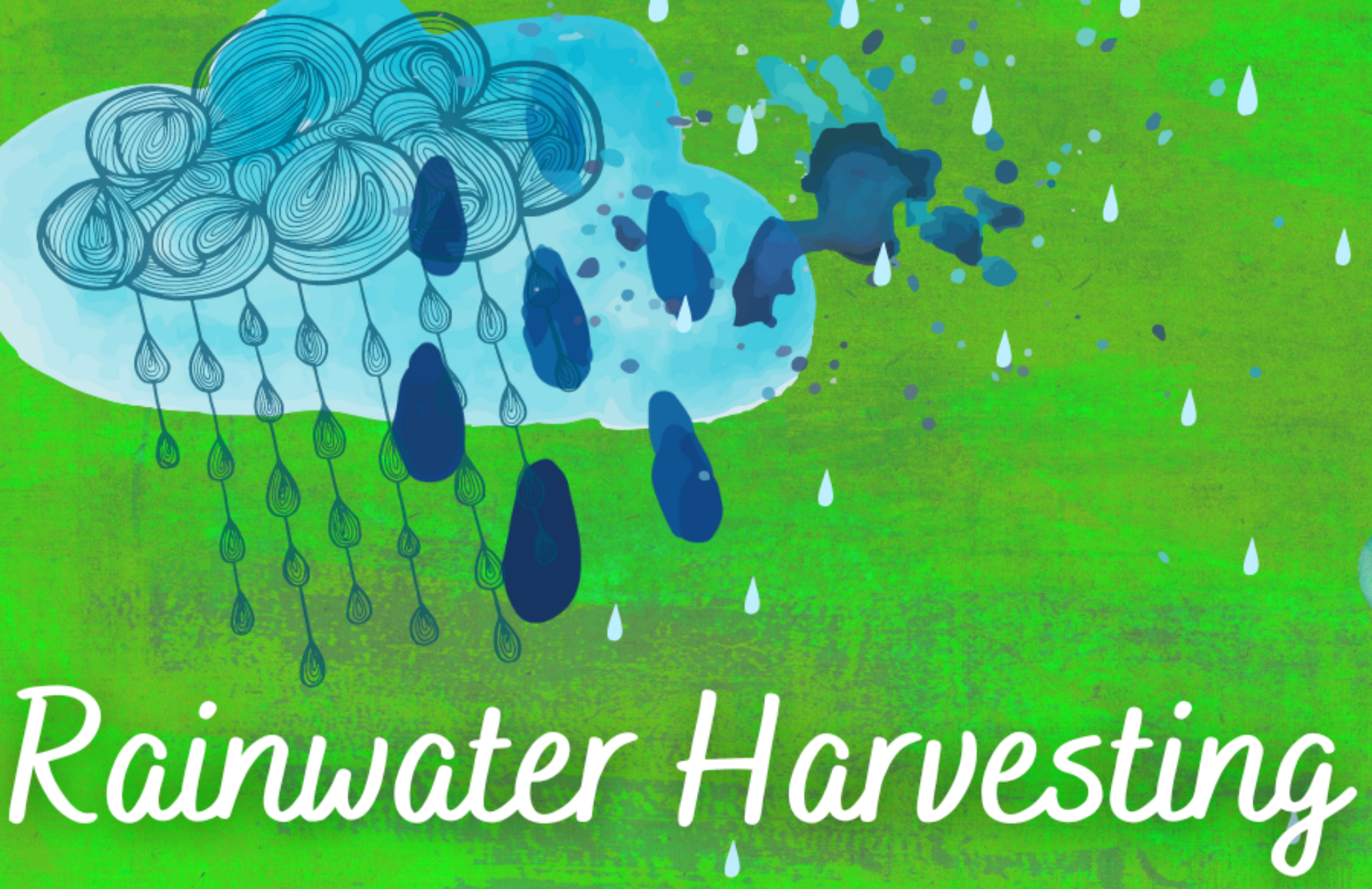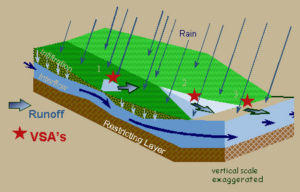Course to Learn Rainwater System Design
Sign up to Take the Rainwater Harvesting Design Course! Offered April 20 – June 8 Many of us making a home in the Salish Sea are thinking about spring planting, …
View Post
Salt Spring Island Watershed Protection Alliance
Sign up to Take the Rainwater Harvesting Design Course! Offered April 20 – June 8 Many of us making a home in the Salish Sea are thinking about spring planting, …
View PostBrief System Description: System Total Storage: 9,608 USG (36.369 litres, or 8000 imperial gallons) Year established: 2016 Roof: Asphalt Shingles and Metal Roofing Type: Non-potable Use: Irrigation only Alternative Sources: …
Continue reading “Virtual Rain Tour – Site 2 – 155 Wildwood”
View PostPartnership for Water Sustainability BC e-newsletter January 30, 2018 released a new report entitled “Water Balance Approach on Vancouver Island” dated January 2018.
Understanding the infrastructure assets of watersheds, and the services they provide to the human and built environment, as well as the natural environment, requires both a science-based approach, and also changes to policy and regulatory framework that supports sustainable design and development in practice.

Hydrological science has recognized three pathways of water flow from cloud to stream:
There is a need, on Vancouver Island, to bridge the gap that will integrate new water pathway information with land use design, and development strategies and outcomes.
The report claims that drainage engineering practices need to change in order to catch up and make a difference in managing water balance for sustainability in all types of communities. It provides case examples and a rationale for an integrated approach that will bridge the gap between policy and action, and will provide a new standard of practice.